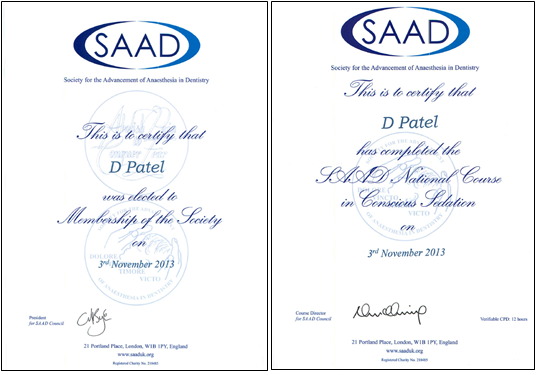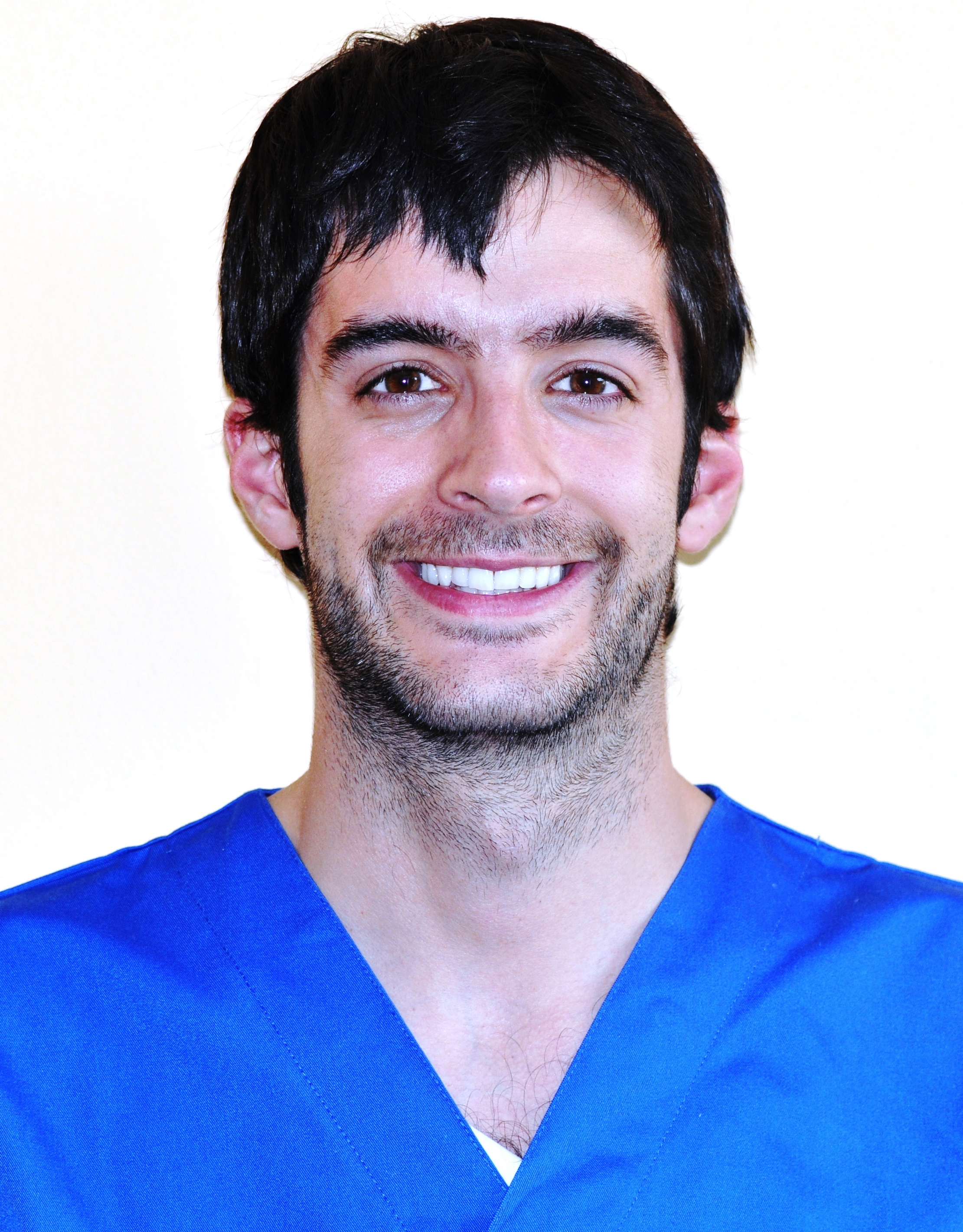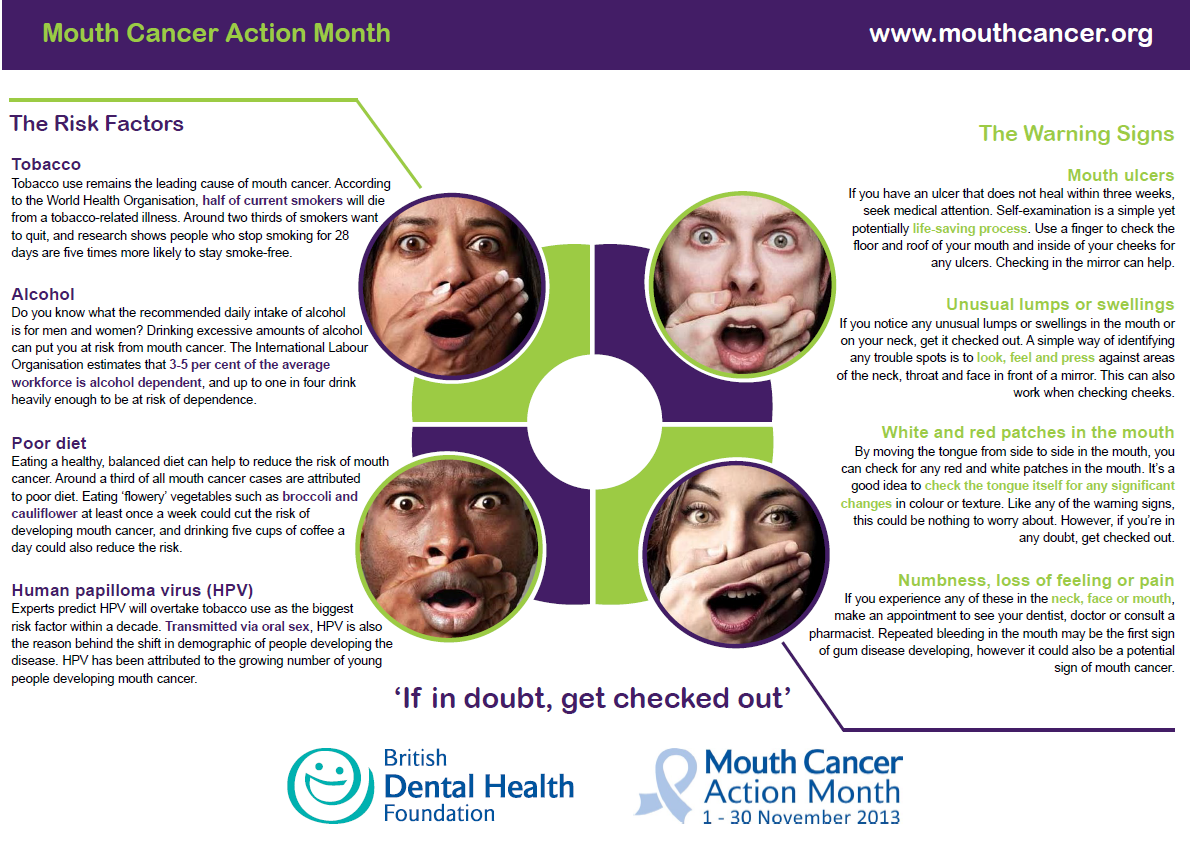 We at Ashford Dental Care want to ensure that you are Smiling this Festive Season, whether if it is a Christmas party or simply a much wanted gift to yourself we are here to offer advice and service with a Smile.
We at Ashford Dental Care want to ensure that you are Smiling this Festive Season, whether if it is a Christmas party or simply a much wanted gift to yourself we are here to offer advice and service with a Smile.
Why not treat yourself to a consultation with our qualified dentists where we can discuss the cosmetic treatments that are available to you. Examples are:
- Anti-Wrinkle Therapy
- Collagen fillers
- Chemical Peels
- Tooth Whitening (both in surgery and take home systems.)
- Scale and Polish
Below is a full description of each treatment option. This information serves as a guideline, full consultations are needed to provide treatment costs and find the right option for you.
Anti-Wrinkle Therapy
Firstly we freeze the skin with a topical cream, then using the finest needles we place a series of injections. This is relatively painless due to our gentle technique.
Areas targeted are Frown lines, Crows feet, worry lines, High lip lines, chin area.
This treatment can also be applied underarm for excess sweating.
http://www.galderma.com/Medical-Solutions/Major-Brands/Azzalure
Collagen Fillers:
This can be used to plump up lips, lighten any deep wrinkles such as frown lines, (marionette) fine smokers lines around the lips, as well as sculpting the jaw line to give you that more “chisled” look if required. The system we currently use is Restylane .
Chemical Peels.
We use salicylic peel, so this is not suitable for people with an ‘aspirin allergy’. We use Theraderm products, to treat scarring, pigmentation and acne.
This treatment occurs in three stages.
Stage one
Three weeks prior to the “peel”, you will undergo a facial routine using the Theraderm products. This routine will be explained to you by your personal beauty therapist. You will be using completely “natural” products, which are fruit exfoliators and willow bark extracts as well as a superrich moisturizer which again has very little artificial chemicals.
Stage two
You will then have the peel placed by Dr Roma Patel
You will feel a little flushed on the day, but will still be able to wear makeup that and the next day. On the third day you will peel very lightly, and to help we will provide you with a mild exfoliator, to remove any excess skin.
Stage three
There after you will have to moisturize the skin and using an SPF factor (sun block) cream.
To get ideal results, you may continue with the Theraderm products.
Tooth Whitening Systems
Home Whitening-
This is the most popular option. At the first whitening consultation we discuss the effects and limitations of the treatment. We show you the achievable shade outcome. Then we take impressions which we send to the laboratory who create custom fitted clear upper and lower tray aligners. These aligners have custom troughs to place the whitening gel inside. This is to ensure the gel comes into contact with the teeth and not the gum tissue.
We then fit the trays and explain how to use them and the aftercare instructions.
Once you have reached your desired shade you can cease regular use of the aligners and occasionally use them to maintain the desired shade. The gels that we stock are either Hydrogen peroxide, or Carbamide Peroxide.
In-surgery Whitening-
This is a less subtle treatment and is more popular with those who want that instant white look rather than something more gradual.
This requires sitting in surgery for around 1-2 hours whilst Hydrogen peroxide or Carbamide peroxide gels are applied to the teeth.
The teeth are then placed under a blue light to activate the whitening process.
Scale and Polish
If you want to remove stubborn tea stains or a build-up of plaque for the party season our Hygienist is here for you every Friday. He will give your teeth and gums a tidy up and offer personalised home-care advice.








![CropperCapture[20]](https://www.ashforddental.co.uk/blog/wp-content/uploads/2013/03/CropperCapture20.jpg)
![CropperCapture[21]](https://www.ashforddental.co.uk/blog/wp-content/uploads/2013/03/CropperCapture21.jpg)
![CropperCapture[26]](https://www.ashforddental.co.uk/blog/wp-content/uploads/2013/03/CropperCapture26.jpg)
![CropperCapture[31]](https://www.ashforddental.co.uk/blog/wp-content/uploads/2013/03/CropperCapture31.jpg)
![CropperCapture[45]](https://www.ashforddental.co.uk/blog/wp-content/uploads/2013/03/CropperCapture45.jpg)
